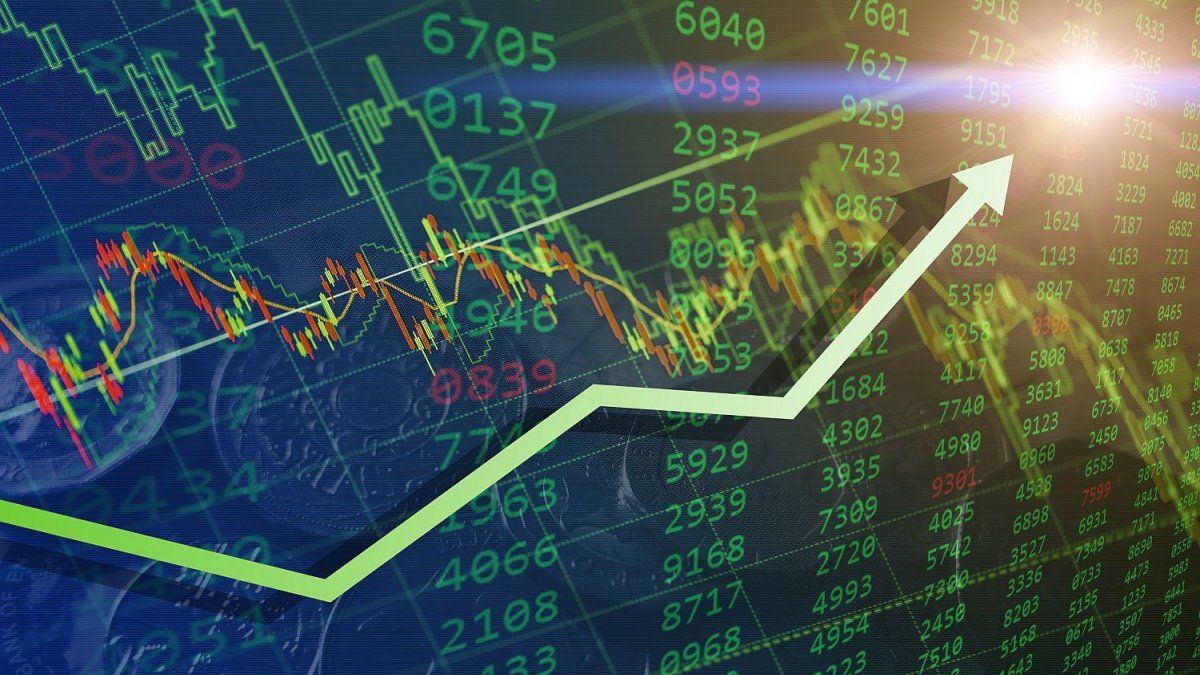The data on the United States consumer price index was released and analysts detail what impact this news may have on local assets and why.
The 12-month consumer inflation for January stood at 3.1%, compared to 3.4% in the December measurement, reported the United States Department of Labor. Analysts were pointing to a lower increase in the CPI, around 2.9%, and this suggests that The possibility of lowering rates by the Federal Reserve (Fed) will take longer than desirable for the markets. How could this scenario affect Argentine assets?
The content you want to access is exclusive to subscribers.
Everything indicates that the president of the Fed, Jerome Powell, wants to see a series of measurements with low inflation, before making its rate policy more flexible. And the US monetary regulator considers another inflation index a priority, the PCE, whose data will be known on February 29. However, more and more voices believe that the Fed will take time to relax its rate policy.


At the moment this index is now at two-year highs, at levels of 5.25-5.50%, and the expectation of the market and the Fed itself is to begin cutting them this year given that, when rates are high, credit becomes more expensive and that discourages consumption and investment, which cools the economy. That, in the United States, but, on the other hand, it would have repercussions on the capital markets around the world and Argentina is no exception.
Flight to quality effect in the Argentine market
As explained Joel Lupieri, from Epyca Consultoresto Ambit, if there are no changes in rates, “surely increases the perception that it is better to lend to the US Treasury.” Thus, he points out that, if they remain high, “the risk-free dollar return generates a “flight to quality” effect, which implies that investors leave risky positions (such as local ones) towards others such as those of the US Treasury.
For its part, Andrés Reschini, analyst at F2 Soluciones Financieraspoints out that “the CPI data increases the chances that rates in the United States will remain high for some time to come and that affects the rate at which fund flows from local assets are discounted (also) impacting their valuations.”
How much do external phenomena impact the local stock market?
In any case, he warns that, Argentina still has “a lot to improve internally”beyond what happens with the exogenous variables.” That is to say that, although what happens with the rate in the US may have an impact on local assets, as indicated by the economist Christian Buteler, market expert, “commodities have not collapsed and Argentina is a little out of the world.”
That, according to his vision, makes What is being seen in the US market will not have as much impact on the local market, but “Argentine assets will be more subject to the impact of local data and the future of the economy and national politics”.
Thus, it is true that the Emerging market assets tend to be harmed by rate hikes in central countries of the global economy, such as the United States, because these are stages in which investors tend to have more interest in risk.
Likewise, in processes that occur in reverse, more attraction is generated towards instruments with less risk, such as US bonds. But, in the case of Argentina, analysts see the evolution of the internal front as dominant and point out that this element is a priority in the dynamics of local assets going forward.
However, as stated, The Fed’s future rate policies will affect the valuation of Argentine assets and their future returns.
Source: Ambito
I am a 24-year-old writer and journalist who has been working in the news industry for the past two years. I write primarily about market news, so if you’re looking for insights into what’s going on in the stock market or economic indicators, you’ve come to the right place. I also dabble in writing articles on lifestyle trends and pop culture news.




